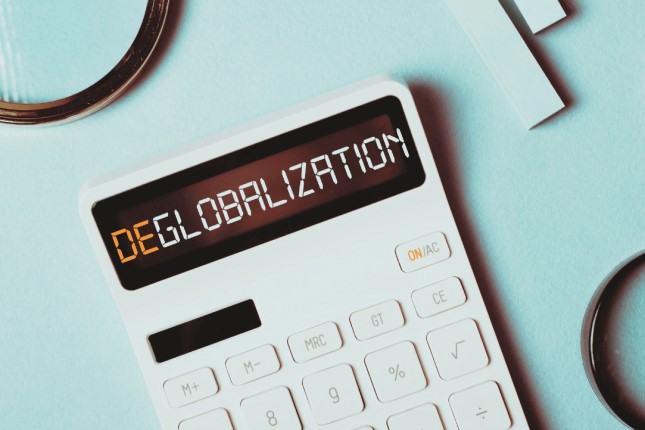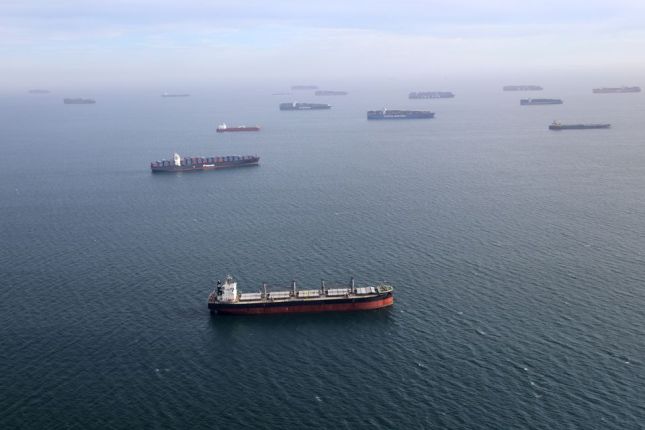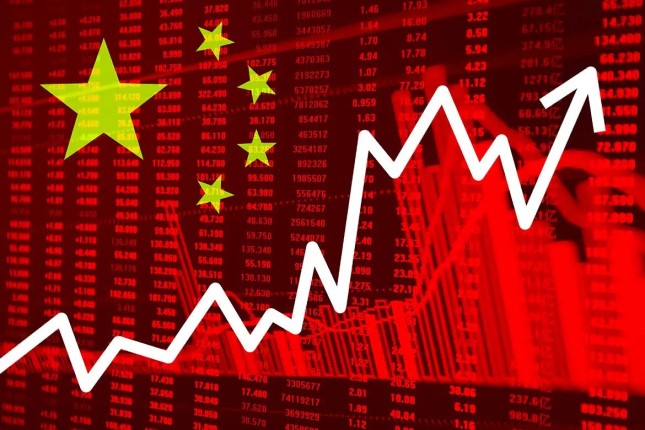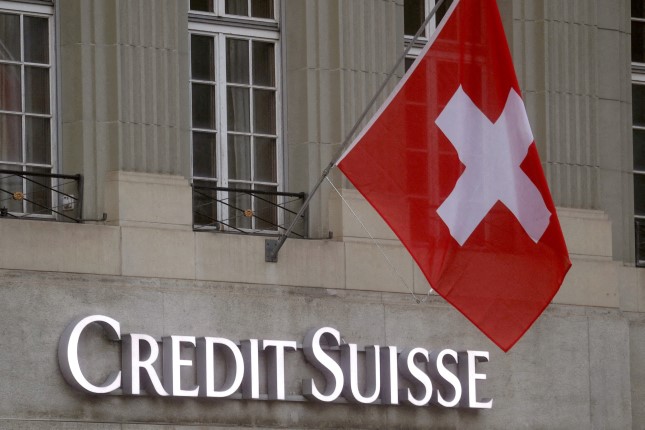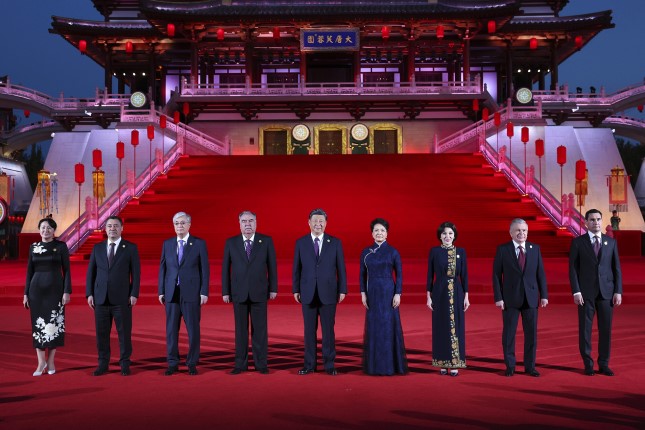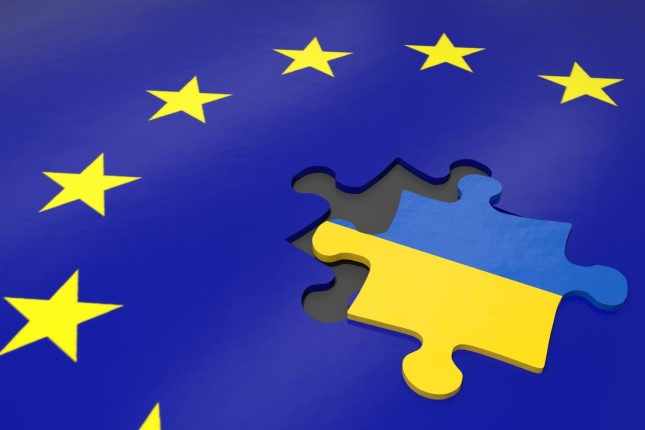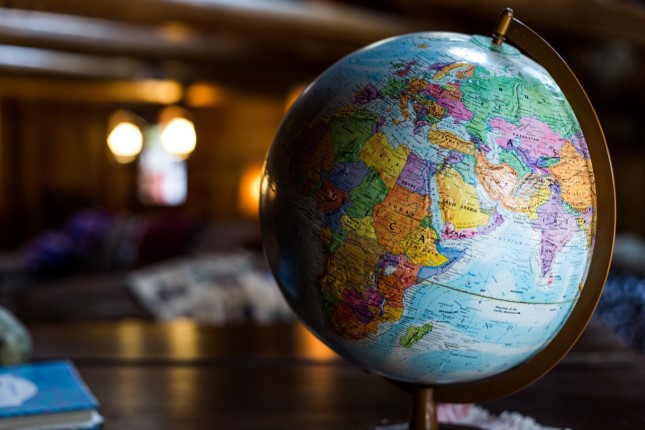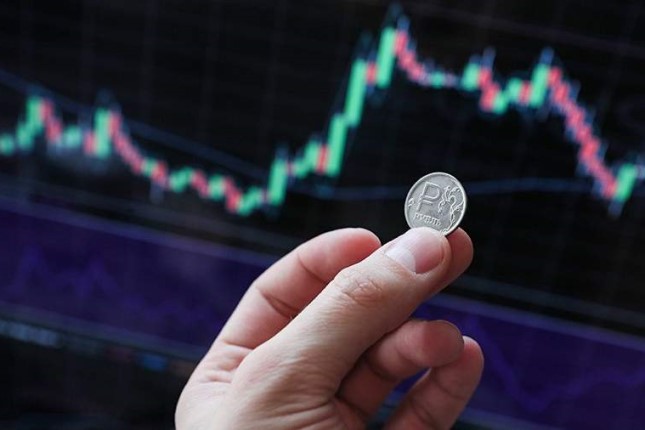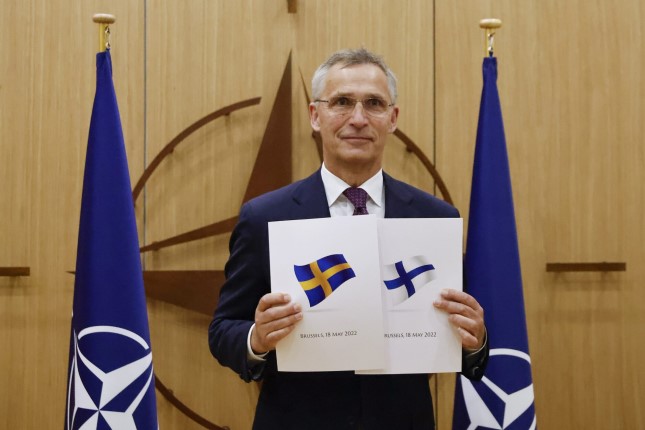The world has entered a period of prolonged and profound de-globalisation. According to the World Bank, the share of international trade (imports of goods and services) in global GDP has never recovered from the 2008-09 financial crisis and is trending downwards − 30.4% of GDP at the 2008 peak against 27.9% of GDP in 2021. During the pandemic, trade fell even below the crisis low of 25.6% in 2020 compared to 25.8% in 2009. Figures for 2022 are not yet available, but it is already clear that they will be disappointing.
Stakeholders interested in continuing globalisation in the style of the 1990s and 2000s are trying to convince us that "globalisation is working." So, in mid-March the WEF published a new report with the super-optimistic title "Globalization has rallied and is even working better." But the first indicator to which the authors refer, the GHL Global Connectedness Index 2022, shows that since the same 2008-09 crisis, some growth in the index is solely due to increased international exchange of information. While other indicators − trade, capital flows and human migration − are stagnating or declining.
Today's decisions suggest that de-globalisation is only gaining momentum. For example, the US government is about to allocate USD 52 billion in upfront financing to accelerate the construction of domestic semiconductor manufacturing plants, and it has banned exports of advanced technologies to China. It is decisions such as these that are shaping the trend towards de-globalisation for decades to come.
The five pillars of de-globalisation
The decisions that will determine the future of de-globalisation are unfolding from geopolitics towards economics. That is why they are not yet well understood by the business and economic communities. But the strategic preconditions for stopping economic globalisation have been formed for a long time. And it is they that determine its "unexpected" speed.
So, it is possible to identify five main tracks along which de-globalisation was "prepared."
Lack of consensus. The left-liberal model of financial globalism is not and has never been consensual for Western elites. And it is not only and not so much about Donald Trump, who in 2018 declared that the US no longer intends to play the role of the piggy bank that everyone loots. The Cold War against the USSR was won by realist Republicans, and the fruits of that victory were taken advantage of by interventionist Democrats. While George H.W. Bush, stunned by the collapse of the Soviet empire, was giving his famous speech about the New World Order on September 11, 1990, in Congress, justifying an expeditionary war against Iraq, players with far less responsibility were preparing to break into power.
"It's the economy, stupid", was the slogan used by people for whom globalisation was not a geostrategic architecture but mainly a business. And the Bush Jr. administration's attempt to replay the globalisation scenario after September 11, 2001, was doomed − it only undermined US economic leadership and added destructive power to the domestic political swing.
The triumphalism of the West. The collapse of the Soviet camp has given many in the West the confidence that this victory can always be repeated if desired. Both against a weakened Russia and against an immature China.
This has given rise to hubristic sentiments that are evident, for example, in articles like famous "Does China Matter?" (Foreign Affairs, 1999) by Gerald Segal, analyst of the British Royal Institute of International Affairs: "Does China matter? No, it is not a silly question – merely one that is not asked often enough. Odd as it may seem, the country that is home to a fifth of humankind is overrated as a market, a power, and a source of ideas. At best, China is a second-ranking middle power that has mastered the art of diplomatic theatre: it has us willingly suspending our disbelief in its strength."
What was ignored in the West was the consideration that the outcome of the Cold War, which was fantastically favourable for the victors, stemmed not so much from the superiority of the West as from the goodwill and a certain naivety of the losers. But did the victors care about such nuances? Taking advantage of the position, the winners did and did everything they could to rid the losers (and the rest of the world) of the remnants of both.
Independent decision-making centres. When Zbigniew Brzezinski wrote in his book The Grand Chessboard: American Primacy and Its Geostrategic Imperatives in 1997 that the only thing that could threaten US hegemony was an alliance between Russia, China and Iran, it seemed like fiction. Because there were no objective preconditions for such an alliance. The only thing that somehow connected these three countries was the presence of a sufficiently high level of autonomy in decision-making. But the US and its allies have done everything to make this alliance a reality in 2023. And this alliance made the continuation of globalisation under the banner of Pax Americana impossible.
The rise of China. Of course, the rise is not just of China, but of a number of other emerging economies as well. For example, at the end of 2022, the interstate association BRICS overtook the G7 club in terms of GDP − 31.5% versus 30.7% respectively. But of course, China's rise is key because it is directly linked to its high level of sovereignty and technological development. China's exit from globalisation has been a long time coming. Since the 2008-09 crisis, domestic demand in China, for example, has been growing much faster than exports, although up to that point they had been expanding roughly in sync. And while China probably would have preferred to grow in the shadow of the US for another 10-15 years, it happened as it happened − and China accepted the challenge. It can be said that globalisation has come to an end because it has successfully fulfilled its purpose of creating an alternative centre of economic power to the West.
The Russia factor. The West was unable or unwilling to reach an agreement with Russia, and this has become a verdict on globalisation. However, global (not only Western) experience shows that it is possible to negotiate favourable terms with Putin, but that the West "somehow" fails to do so. This dissonance has played an important role in the West's attempts to use the conflict around Ukraine to unite the world against Russia, but resulted in directly the opposite. This determined the end of globalisation.
The game is over
The main loser from de-globalisation is Europe. For a quarter of a century, this region has been a showcase for international integration. Thus, globalisation implied that the US was more likely to become more similar to Europe than vice versa. This was particularly evident during Barack Obama's presidency, but in the end only caused a reaction in the form of Trump's victory.
The EU, as a distinct historical entity, claimed to be shaping world standards in energy, ecology, democratic procedures and respect for human rights. But all this was possible as long as the clash of geopolitical interests was kept under control. The EU itself destroyed the basis of its prosperity − by imposing an open struggle on Russia in the post-Soviet space. Neo-colonial thinking has erupted, as EU High Representative for Foreign Affairs and Security Policy Josep Borrell has said about a "garden Europe and jungle world."
In Europe, however, Germany has the most to lose. German industry has for twenty years skimmed the cream off the economic integration process in Europe with the supply of cheap raw materials from Russia. Germany has become the world's third largest exporter after China and the USA. However, the period of prosperity is over. Cheap gas from Russia will not be available for the foreseeable future. In February, the German chemical flagship BASF closed its last two plants in Germany. In April, Germany closed its last three nuclear power plants...
Game over. Germany will no longer be able to play the role of the engine of integration in Europe. And Europe without the powerful economic leadership of Germany will not be able to play the role of inspirer of globalisation in the world.
The authority of the EU in the third world was already seriously undermined during the European debt crisis in 2010, when a number of European countries received multibillion-dollar financial assistance from the IMF on terms that the poor countries of the global South could not even dream of. Now they see how in early April the IMF sent Ukraine the first tranche of USD 2.7 billion under a new USD 15.6 billion financing program.
The West is undermining with its own hands the credibility of institutions like the IMF and WTO that support globalisation. For the sake of political interests. Anyone who believes that economic measures can stop de-globalisation is deeply mistaken and repeats the mistakes that led to the disruption of globalisation. It is impossible to rely only on economic instruments, ignoring political interests and not taking into account the security interests of other, non-Western players.
